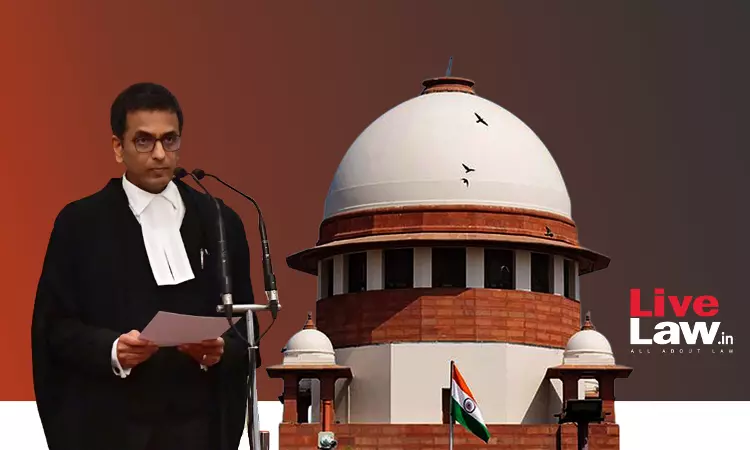As Chief Justice of India DY Chandrachud completes one year as the head of the Indian judiciary, it is worthwhile to have a look at some of the notable administrative and infrastructural reforms ushered in by him during this term.The period since he took the office as the 50th Chief Justice of India on November 9, 2022 has witnessed several path breaking initiatives that include adoption...

